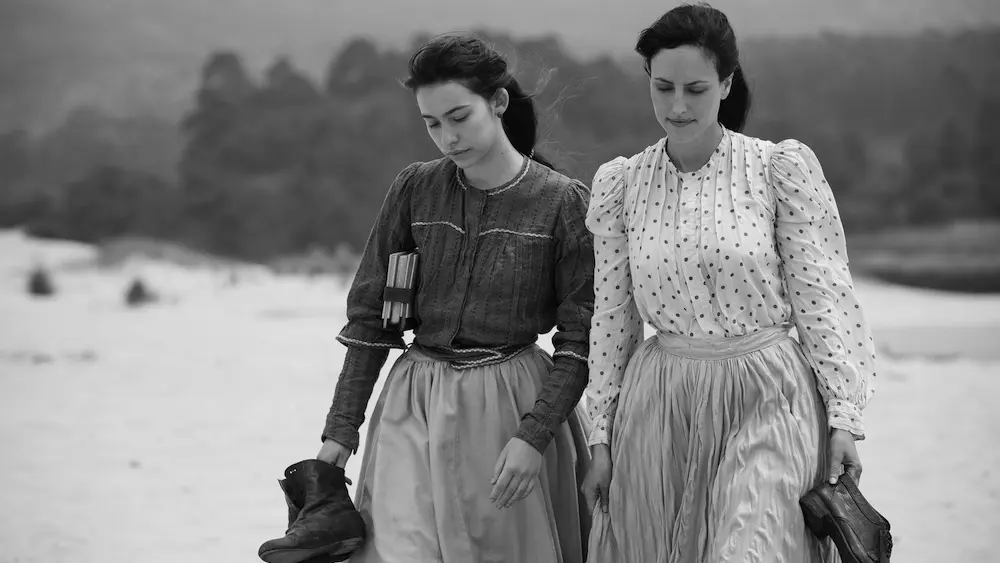Summary
Slow-moving and intimate, Elisa & Marcela marks the moment in history where Spain had their first same-sex marriage.
Netflix film Elisa & Marcela has been trounced before its consensus on Rotten Tomatoes. It can be assumed that the extensive sex scenes in the middle act may have offered some minor influence to the downturn in points, but there does seem a theme from the journalistic community that the film offers little energy and pace for it to land its message truly. But then again, this is the same community that heralded Roma, which was uniquely slow-moving, shot well and overall praised.
Elisa & Marcela marked an opportune time to be released on Netflix during Pride Month, offering a movie based on actual events and hope in the LGBTQ community. Despite the sniffy reviews, Isabel Coixet’s biographical drama is enticingly intimate but wonderfully tragic at the same time.
The story from 1901, with Elisa Sanchez Loriga (Natalia de Molina) taking on the identity of Mario Sánchez so she can marry her one true love, Marcela Gracia Ibeas (Greta Fernández), is crafted with reasoned care to make sure the audience understands the courage and adversity this couple had to endure in order to allow their love to blossom as ideally as possible in a world that refuses to be accepting.
Its black-and-white imagery and slow-moving scenes keep the story real. What’s truly important is how the two women sell the romance while in a constricting Nun school. The performances are purposefully tentative and soft to highlight the nervousness between the romancing duo; Netflix film Elisa & Marcela manages to imprint the idea that making that one step to have a same-sex relationship during these times could be exciting yet socially horrifying at the same time.
Like Blue Is The Warmest Colour it would be foolish to ignore the plenty of sex scenes that plaster the second act, taking up a noticeable amount of time. Like the former, Elisa & Marcela puts the audience through that passionate experience to highlight a point; the couple were irrefutably in love with each other to an unimaginable measure, so when the tragic moments occur, its emotional impact on the audience is hard-hitting.
It’s worth noting that up until the first sex scene, the women tip-toed around each other nervously, almost talking in code about their feelings and second-guessing every move.
By the time you reach the third act, Elisa & Marcela drives home the strangling environment that they are forced under to remain together, with communities turning against them. Their journey throughout the story is a unified bond that their love is more important than the people’s proposed God, and the transformation from Elisa to Mario is admirable, and one that our current and future generations can take note from. Never give up.




